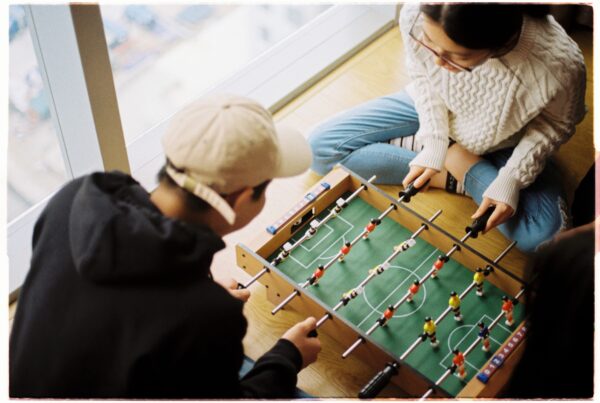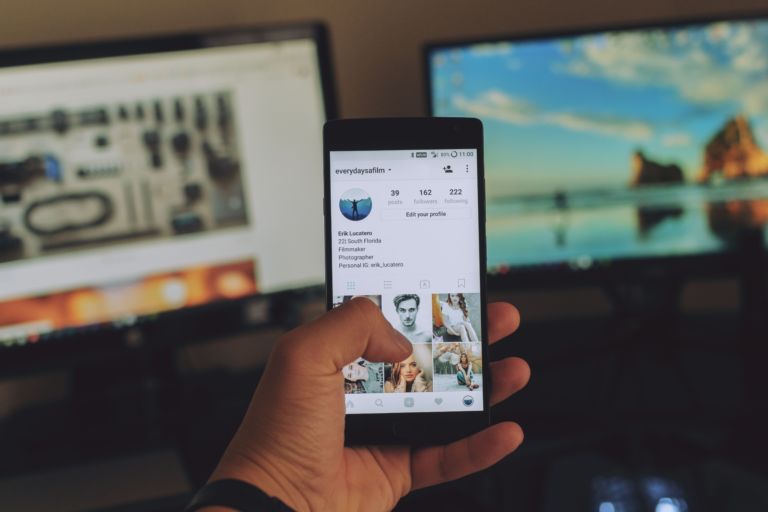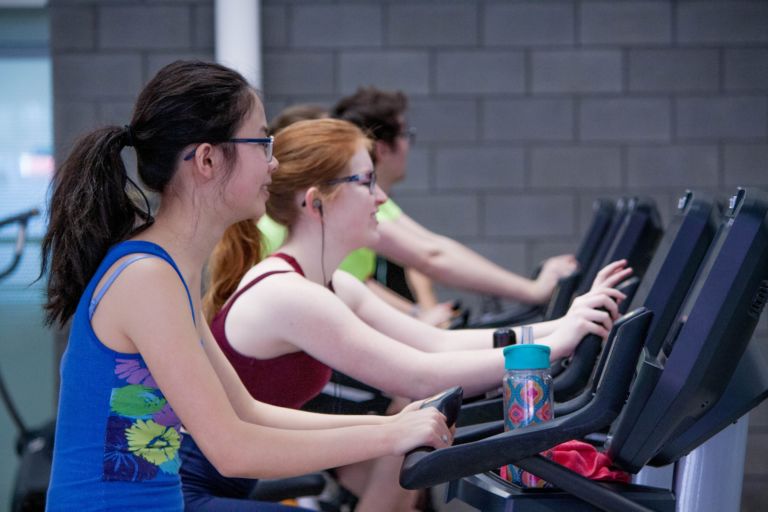
Have you ever felt like you can never disconnect from technology? It could be work, school, your teen calling/texting you, or demands from other family members. Teens are particularly attached to their phones. Sometimes phones are an outlet for friendships, social media, and games.

The Disadvantages of Technology for Teens
The problem with technology is that it consumes so much of their time. It can create anxiety, and peer pressure more than ever before. Teens have access to technology at the palm of their hands; both a blessing and a curse as many would say. Yet, teens do not always know what is appropriate to post versus what things they should keep private. Plus, there is the “Selfie” epidemic. Teens are posting photos of themselves to receive “likes” and instant gratification.

Ways Adults can Encourage Safe, Healthy Technology Use
So, what can be done? Psychologists do not recommend taking away your teens phones but limiting their usage. Here are a few ways as a parent you can promote safe technology use, and also encourage “disconnecting” each day.
- Encourage teens to be private on Facebook and other social media: Suggest they only post what they would feel comfortable with sharing in front of the entire school. For example, posting “dislike” for another classmate can cause bullying problems and feed gossip.
- Photos: Encourage sharing of photos on social media that they would be comfortable with your parent, teachers, or pastor seeing. Urge caution not to post a picture with nudity, bad language, indecency, or racial slurs. Also, encourage teens to think about their reasons for wanting to post a picture, and to think about whether they think it is appropriate to share.
- Disconnect in the evening: Many teens fall asleep with their phones next to them. They may be texting friends, updating media, or browsing timelines. These activities can disrupt the natural sleep cycle with artificial light, comparison posts, and anxiety, This results in charging up their brains when they should be decompressing.
- Keep the phone outside of bedrooms: Everyone should own an alarm clock, using their phones only as a necessary back up alarm. Phones can create the anticipation of anxiety with phone calls, texts, phone notifications, and light. Leaving your phone outside of the bedroom will create a place of solitude and relaxation away from others and from the temptation of technology.
- Help teens to use proper privacy settings: Encourage your teens to know who their friends or followers are on social media. Guide them to only accept and send friend requests to those they know on a personal level. Suggest to them to keep their settings private. This way strangers who are not their followers or friends cannot see their personal content.
- Friend your teen: Only allow teens to have media if they 1) friend you or have you as a follower to monitor, or 2) allow you to have their account login information to check as needed to be sure they are being safe. Most teens will not be willing. Make it a part of the deal of having the account. Talk with them about their concerns to help them understand how you will monitor them.
- Lastly, encourage them to do other activities: Have a phone-free dinner, a board game night, or another non-technology event. For security, if out in public they can have their phones. Keep phones on silent or off in their bag or pocket. Encourage them to be in the moment with those they are with.
![]()
You and Your Teen Can Create Healthy Lifestyles
Using some of these tips in daily life can help decrease your teen’s anxiety and encourage healthy technology habits. It does take two weeks to create new habits, so allow yourself and your teen to adjust. Remember to be easy on yourself and teens, and that it is difficult to make a change. the Commit to creating new boundaries and guidelines for using technology. In time you and your teen can create new healthy living styles.






